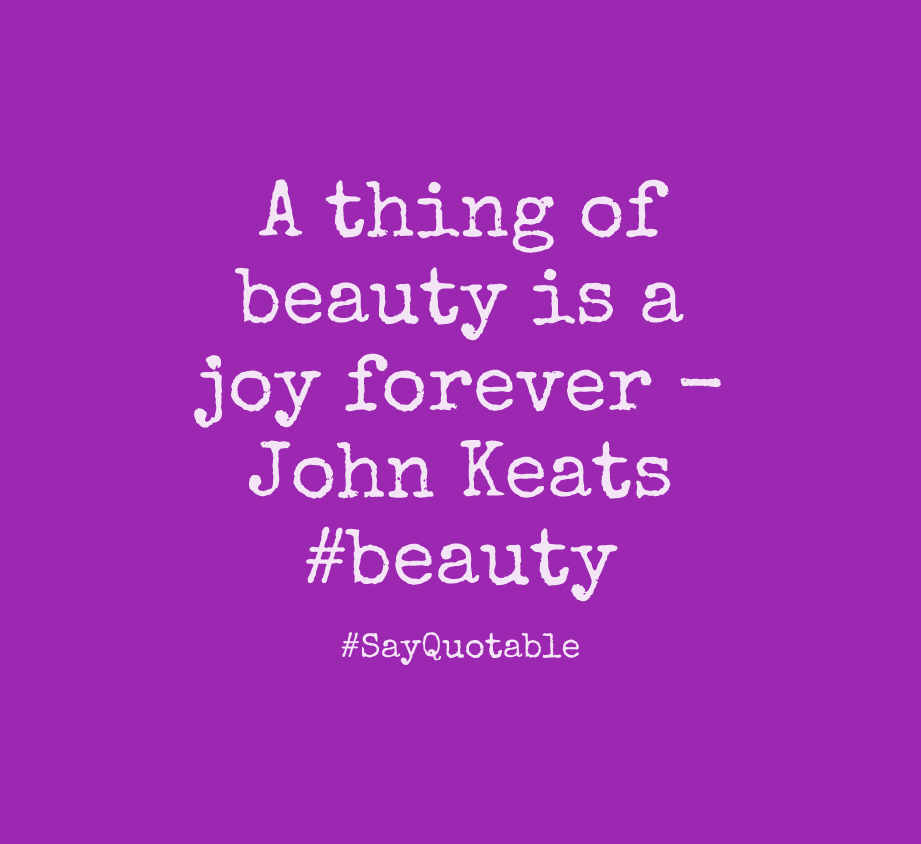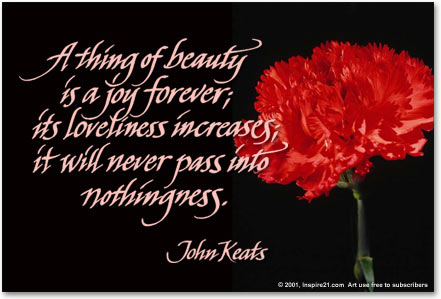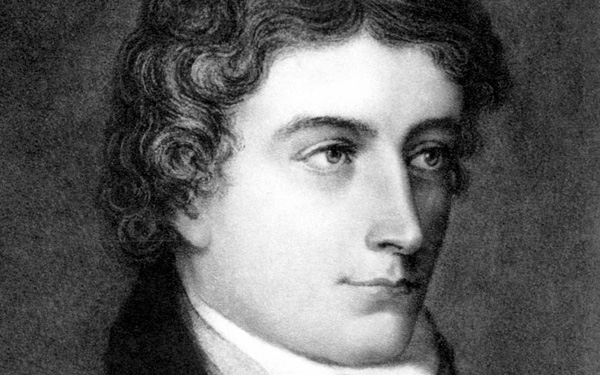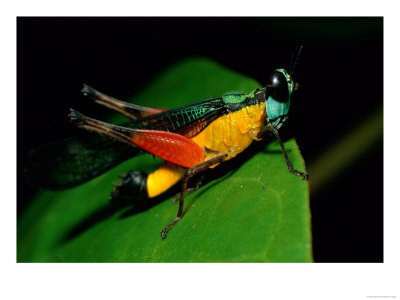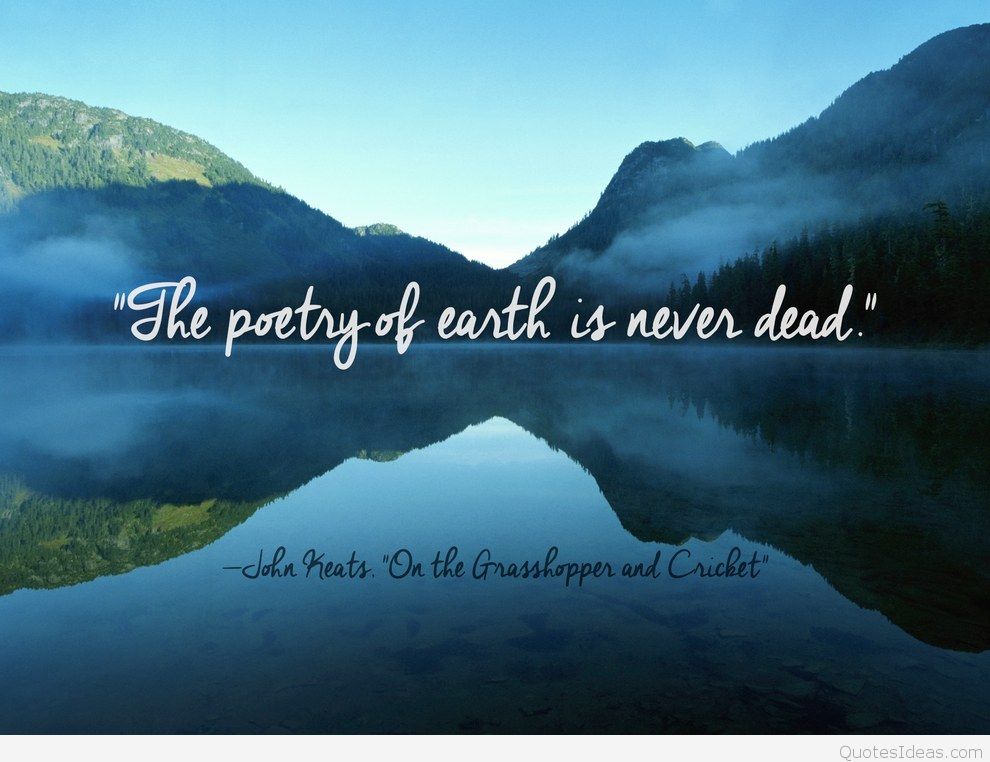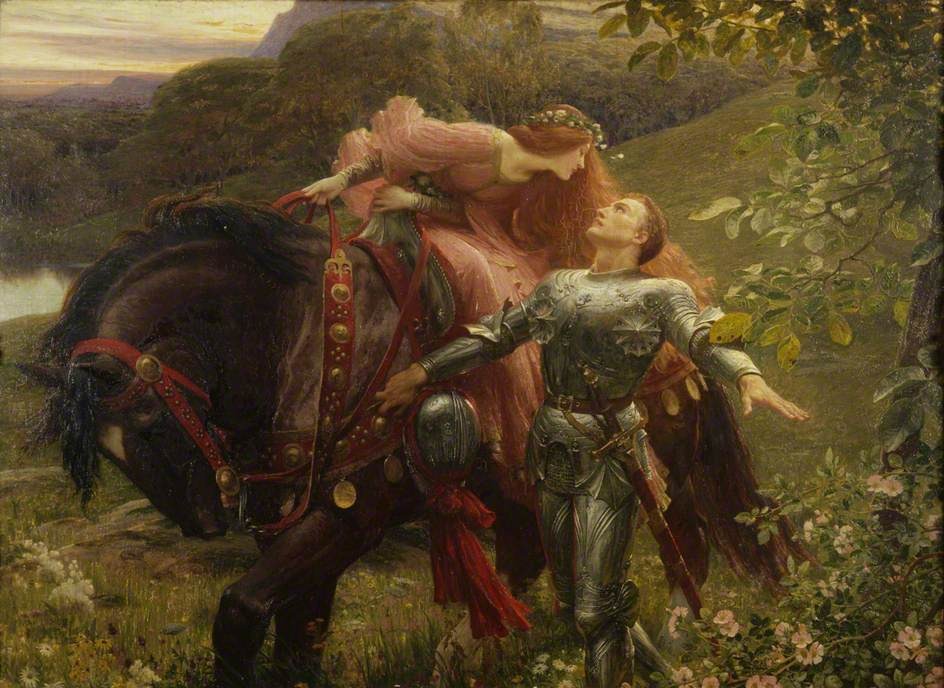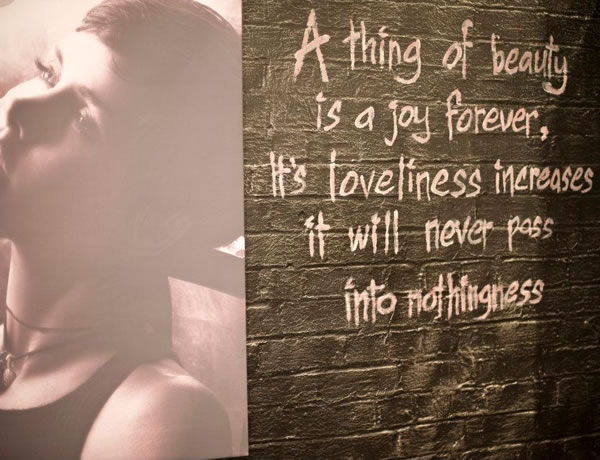The poem, “Ode to Psyche” is a Keatsian attempt to meddle with the ode structure of the poem, by inducing an altered sonnet-form in the poem. The first of the odes, “Ode to Psyche”, among other poems that include “Ode to Melancholy”, as well as “Ode to a Nightingale”, revolves around the myth of Psyche becoming a goddess. The poem connects itself to a number of themes. The theme of a myth, as well as that of worship, are predominant. The themes of neglect, love, union, devotion, beauty, and that of appearance and reality also prevail.
“Ode to Psyche” – Themes by John Keats
Myth being a predominant theme in the poem, Keats takes every possible measure to use it as he devises the poem, but he makes sure to take what he needs from the myth. He does not make the poem a myth, rather he uses the myth to his advantage and necessity. In the original myth, as elaborated by Apuleius, Aphrodite punishes Psyche, a beauteous girl, of whose beauty she was jealous, by having Eros (Cupid) use his power to make her fall in love. On the contrary, Love (Cupid) falls in love with her, such as her beauty, but he could only be with her when it was dark so that she wouldn’t be able to see his face. Unable to retain her curiosity, she uses a light to reveal Cupid’s identity, and this causes him to leave her. Psyche, then, relentlessly searches for Cupid everywhere, and Venus (Aphrodite) forces her to labor down several tasks before she could be united with her love.
After nearly encountering death as she attempted to fulfill one of the tasks, Cupid asks Zeus to transform Psyche into a goddess so the two can be reunited with each other. However, the poem has little to do with the Grecian myth of Psyche becoming a Grecian goddess, it has more to do with the fact that the myth is unpopular, as is its protagonist and that Keats aims to alter that by creating an altar in his mind for his goddess, Psyche, who for being “latest” born on the pantheon of classical Greek mythology was not much talked about and neglected. Thus, we see the theme myth intertwined with that to neglect, in the poem. Since Psyche is not receiving the respect and fame that is owed to her by mankind, but in turn is getting insulted by neglect from all and by being treated as non-existent. Keats changes that by invoking her and asking for her forgiveness for having received such a treatment– “ O Goddess! Hear these tuneless numbers …. And pardon…”
Here, in the poem, we see the “two fair creatures” in slumber and half- embracing, as they sleep on “deep grass” – thus, the introduction of the theme of love and union ( of Cupid and his love, Psyche), mingled with that of nature, as we see the poem, involved in great deal with the description of the forest where his eyes beheld the “winged boy” and the “happy, happy dove”, that turned out to be Psyche, to his delightful surprise. The theme of dream and reality also exist in the poem, as the poet is not sure to have been dreaming or awake and in his full senses, as he encounters Psyche and Cupid in the state of sleep.
The theme of beauty is touched upon when the poet describes both Psyche and Mother Nature. He finds Psyche to be the “loveliest vision / Of all Olympus’ faded hierarchy” who is fairer than the moon or the evening star. Again, the descriptions of Nature contribute to the theme of beauty as imagined by the poet, both at the beginning as well as towards the end of the poem. Then, the theme of worship and devotion becomes most prominent when Keats laments that Psyche has no “altar heap’d with flowers”, no “virgin-choirs”, nor a “prophet” immersed in her worship and offers himself to be her “priest” who would create an altar for his goddess, “In some untrodden region” of his mind, where her “fane” will be decorated with the “wreath’d trellis of a working brain”.
Her “rosy sanctuary” will be gardened which even “Fancy” would not have fancied. Thus, by saying that he would have a window made, for her Love to enter, is an instance where the myth-element of the poem is reignited to further the love and devotion expressed in the poet’s worship of the goddess. The concept of nearness works as the poet understands his deity and makes a window for her Love to enter. Thus, in one line, that is, in the last line of the poem, we see all the themes aligning themselves in a set pattern, every securely and we cannot help but marvel at Keats’ genius.
Some online learning platforms provide certifications, while others are designed to simply grow your skills in your personal and professional life. Including Masterclass and Coursera, here are our recommendations for the best online learning platforms you can sign up for today.
The 7 Best Online Learning Platforms of 2022
- Best Overall: Coursera
- Best for Niche Topics: Udemy
- Best for Creative Fields: Skillshare
- Best for Celebrity Lessons: MasterClass
- Best for STEM: EdX
- Best for Career Building: Udacity
- Best for Data Learning: Pluralsight
